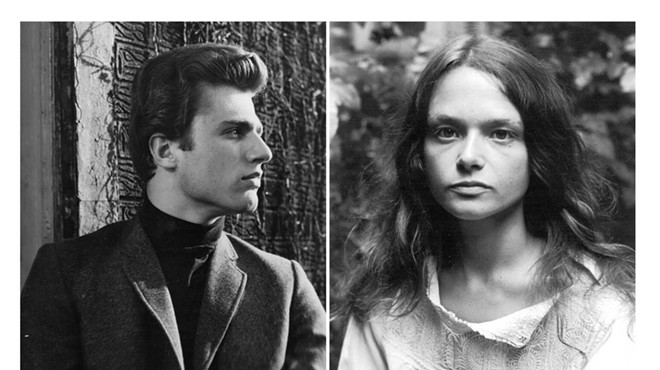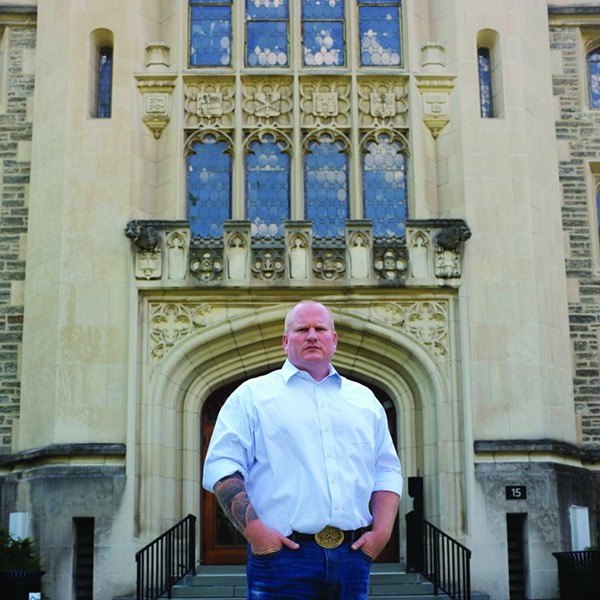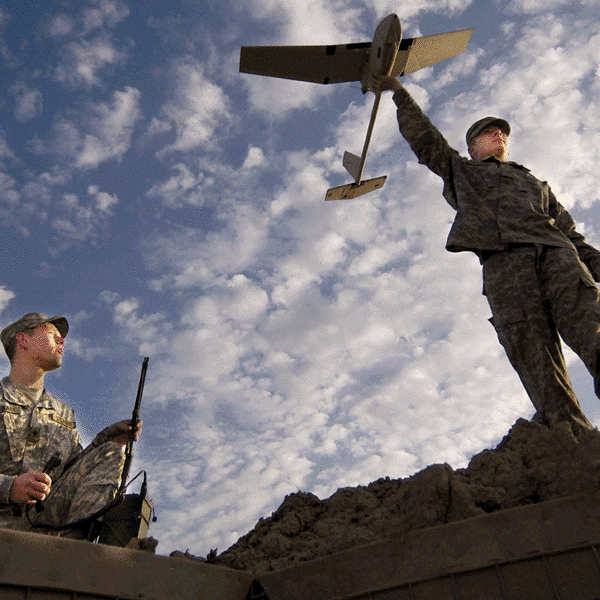When our beat-up taxi arrives at the designated meeting place—the luxurious Hotel Babylon, a huge looming high rise so dark it looks abandoned—two brand new white sedans are waiting. It is 8pm, three-quarters-of-an-hour past the limits of safety in Baghdad. As we pay the fare, our driver, seeing how much I enjoyed the music, hands me the cassette tape we have been listening to—distinctly Arabian with a Native American lilt. I refuse but he insists. Our foursome is spilt—two each into the sedans. A slow moving car is an easy target and the armed drivers attempt to outdo each other in the race to our destination. We’re going to a party for the attendees of the International Teaching Civics Conference at the home of the dapper and modern Hussein Sinjari, a former Kurdish minister turned media mogul and the president of the Iraq Institute of Democracy. He is one of the many Iraqis who have relocated to Baghdad to usher in and take advantage of the new Iraqi freedoms. Sinjari’s message is one of tolerance—of religion, of rights for women—and autonomy—for the Kurds.
In the upscale neighborhood of Jadiriya, we glide gently off the street and under the carport of the modest house that Sinjari is renting, where we are greeted by Kalashnikov-toting guards and our host. Among those assembled in Sinjari’s garden are Mart Laar, the twice former Prime Minister of Estonia; an attorney for Dyncorp, the private police force providing security for the us; an Amman oil business executive; an attractive, black leather–jacketed older gentleman from Kurdistan, a peshmerga (a Kurdish freedom fighter; the term means “ready to die”) who has something to do with software; two Bulgarian contractors working in the Green Zone and acting as spokesmen for Bulgarian business interests; a young woman named Rania organizing a conference; a law professor from South Africa; Tom, a representative from the Cato Institute, a right-wing think tank based in Washington, DC; and a host of other characters who make Hollywood Academy Award winning casting efforts pale in comparison.
The night air is cool and the mood is festive, and we gather around a table of hors d’oeuvres and beverages under the evening stars. Military helicopters occasionally fly overhead. When the energy lulls, Sinjari fills our glasses and invites us to join in the Kurdish toast, “Nosh! Nosh to ourselves! Nosh to our health! Nosh to love!”
The main topics of conversation are the possibilities of democracy and the not yet completed Iraqi interim constitution. Newspaper reports say the Coalition Provisional Authority Administrator Paul Bremer is running the Governing Council hard and won’t let them go until a constitution is produced. The stumbling blocks in the debate over the constitution are Kurdish demands for autonomy, the inclusion of women in the government, and Sharia law. Indeed, Bremer has said he will block any effort by Iraqi leaders to put Islamic law as the foundation of legislation for the interim constitution.
“The Kurds will bring balance to this new Iraqi government,” says Laar, who is jovial and friendly and whose words roll out of his mouth lathered in an accent so thick that listeners are left clinging to his every word to understand him. “While the others will try to cut the rights of women, try to establish religious rule, and bring in unequal modes of governance, the Kurds will pluck these things out. The question is if the new Iraq does not get some control in the form of self rule soon, I am afraid of what will happen—civil war and worse.”
Later we are careening our way home along deserted streets at 1am. The Peshmerga software man is seated up front holding the driver’s 9mm handgun, its barrel resting on lip of the door facing outward. Not wanting to break his concentration, I lean forward and quietly ask, “Is it true the Kurds will be the balancing force in Iraq’s new democracy?”
“What is most important to the Kurds is that we have a Federalist government,” he answers, “one which allows for the seceding of a state if it is dissatisfied.”
We arrive at his new Baghdad home, a second to his home in Kurdistan. As I take his place in the front seat, he tells me, “You take the gun. He cannot drive and shoot at attackers at the same time. You take the gun.”
“Yes, of course I will. No problem, no problem. I will take the gun,” I say casually. Once inside the vehicle I see the driver has already restored the gun to his favored place and we are off to our hotel.






















